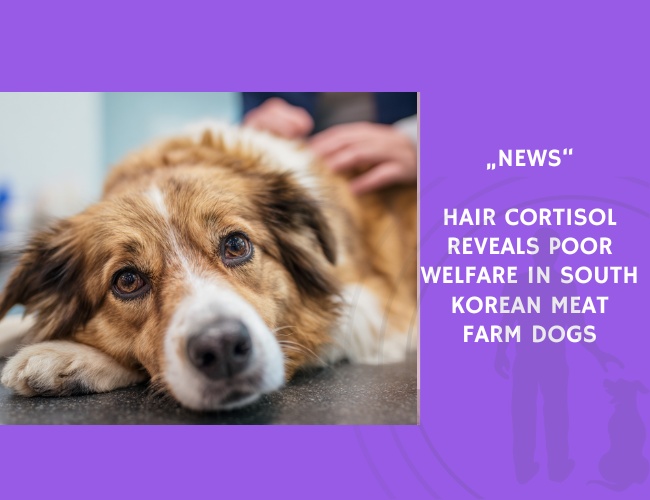In a 2019 study published in Animal Welfare, Natalie Maxwell and colleagues compared hair cortisol concentrations between dogs rescued from South Korean meat farms and pet dogs living in and near Seoul. Cortisol, a stress hormone produced via activation of the hypothalamic-pituitary-adrenal (HPA) axis, is deposited into growing hair, offering a historical record of chronic stress.
The research revealed that meat-farmed dogs had more than double the cortisol levels of pet dogs, a difference independent of sex, breed, and coat colour. Within the group of farmed dogs, neither farm identity, the number of dogs per farm, nor cage density significantly affected cortisol levels. However, among Korean Jindos from meat farms, white-coated individuals had significantly higher cortisol than black-coated ones, with no notable differences found in other coat variants.
These findings provide quantitative evidence of poor welfare in meat farm conditions. The study highlights the urgent need for legal protections and welfare regulations, as dog farming in South Korea remains largely unregulated, despite an estimated 2.5 million dogs consumed annually due to cultural and ritual traditions.
Source: Maxwell, N., Buchanan, C., & Evans, N. (2019). Hair cortisol concentrations, as a measure of chronic activity within the hypothalamic-pituitary-adrenal axis, is elevated in dogs farmed for meat, relative to pet dogs, in South Korea. Animal Welfare.










